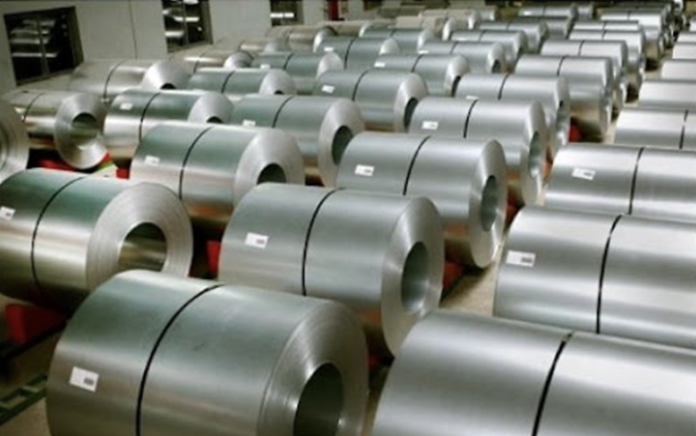KUALA LUMPUR, Feb 15 — Domestic steel bar manufacturers have no control over steel prices, as the domestic steel prices are subject to the global supply and demand dynamics, said the Malaysian Iron and Steel Industry Federation (MISIF) and Malaysia Steel Association (MSA).
Steel bar users, such as contractors and housing developers, have been able to import steel bars at zero import duty without the need for an Approved Permit (AP) since 2008.
“We welcome engagements with relevant ministries and associations for further deliberation,” said MISIF and MSA in a joint statement today.
According to them, steel products account for only approximately three per cent of the total housing project cost, and both MISIF and MSA are not aware of any cartel dominance in the iron and steel industry.
They noted that steel bar prices had increased in the first half of 2021, owing primarily to strong demand resulting from the global economic recovery and the hike in raw material prices — particularly scrap, iron ore and coking coal — due to supply tightness and global supply chain disruption.
Coupled with the Chinese government’s tight control over steel production and the removal of the export rebates, the rise in raw material costs are reflected in rising steel prices.
Additionally, the hike in energy prices, such as the 64 per cent increase in natural gas tariff in 2021 in Malaysia, as well as the surge in international freight costs had also contributed to the increase in imported material costs and steel prices.
“Notably, domestic steel bar prices have been consistently below China’s prices.
“We wish to reiterate that the trajectory of domestic steel prices tracks the international price trend, particularly China’s steel prices, as China accounts for more than half of global crude steel production,” they said.



















